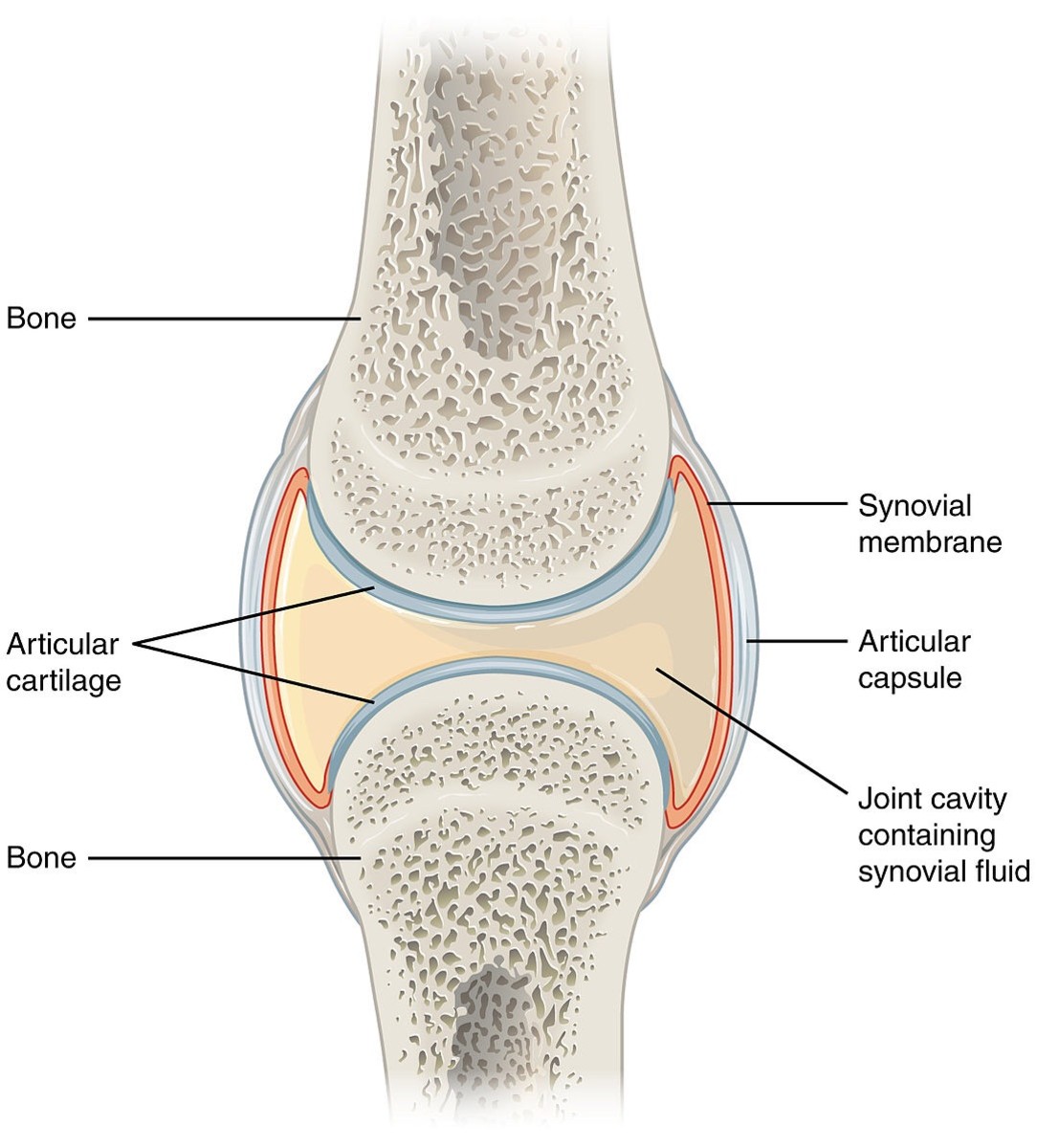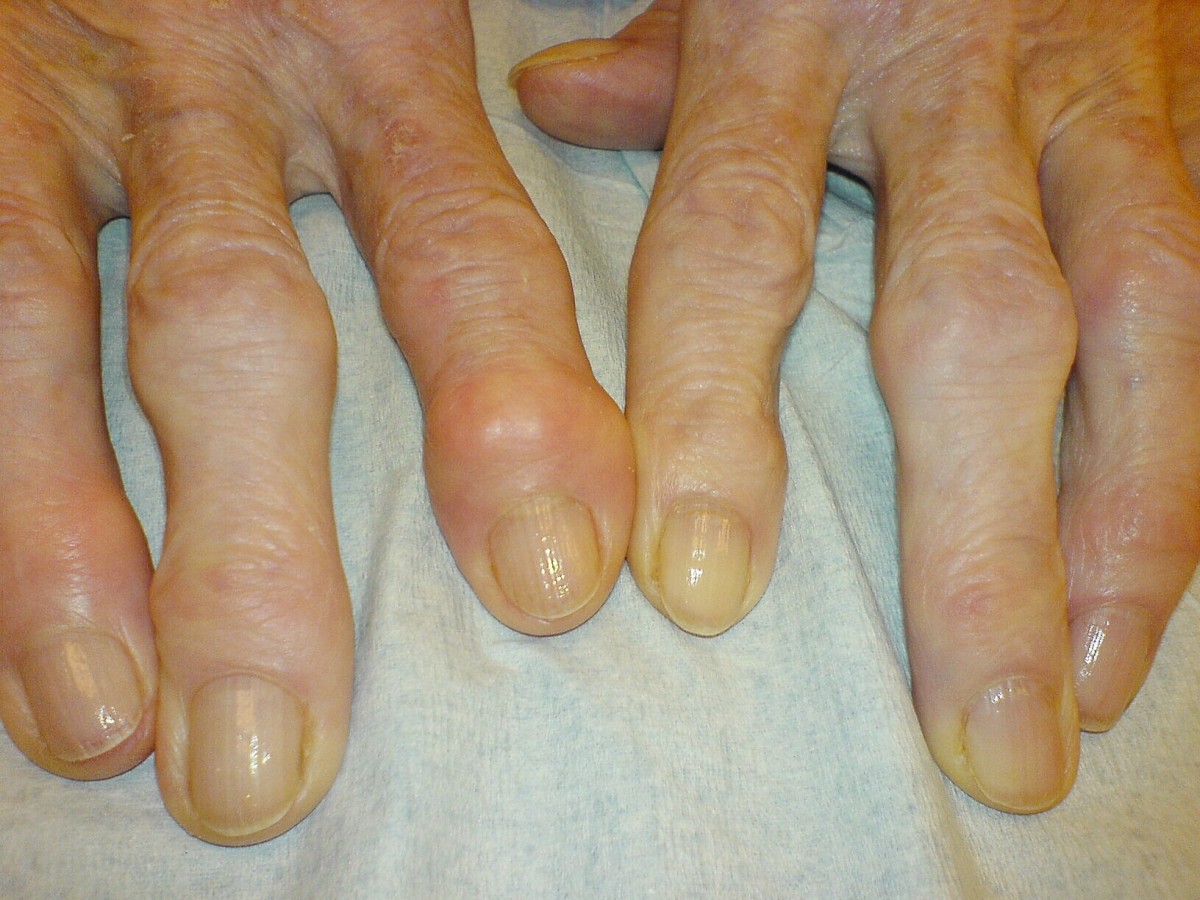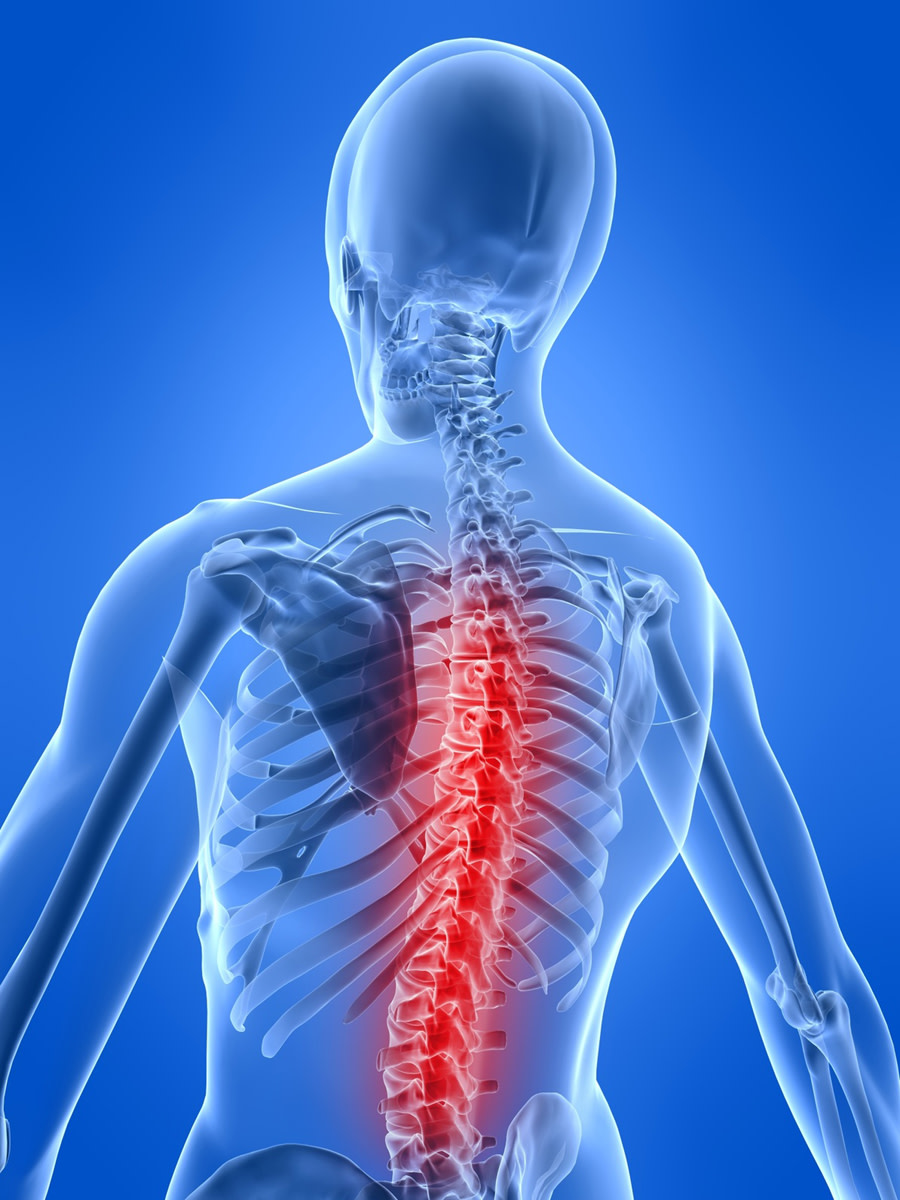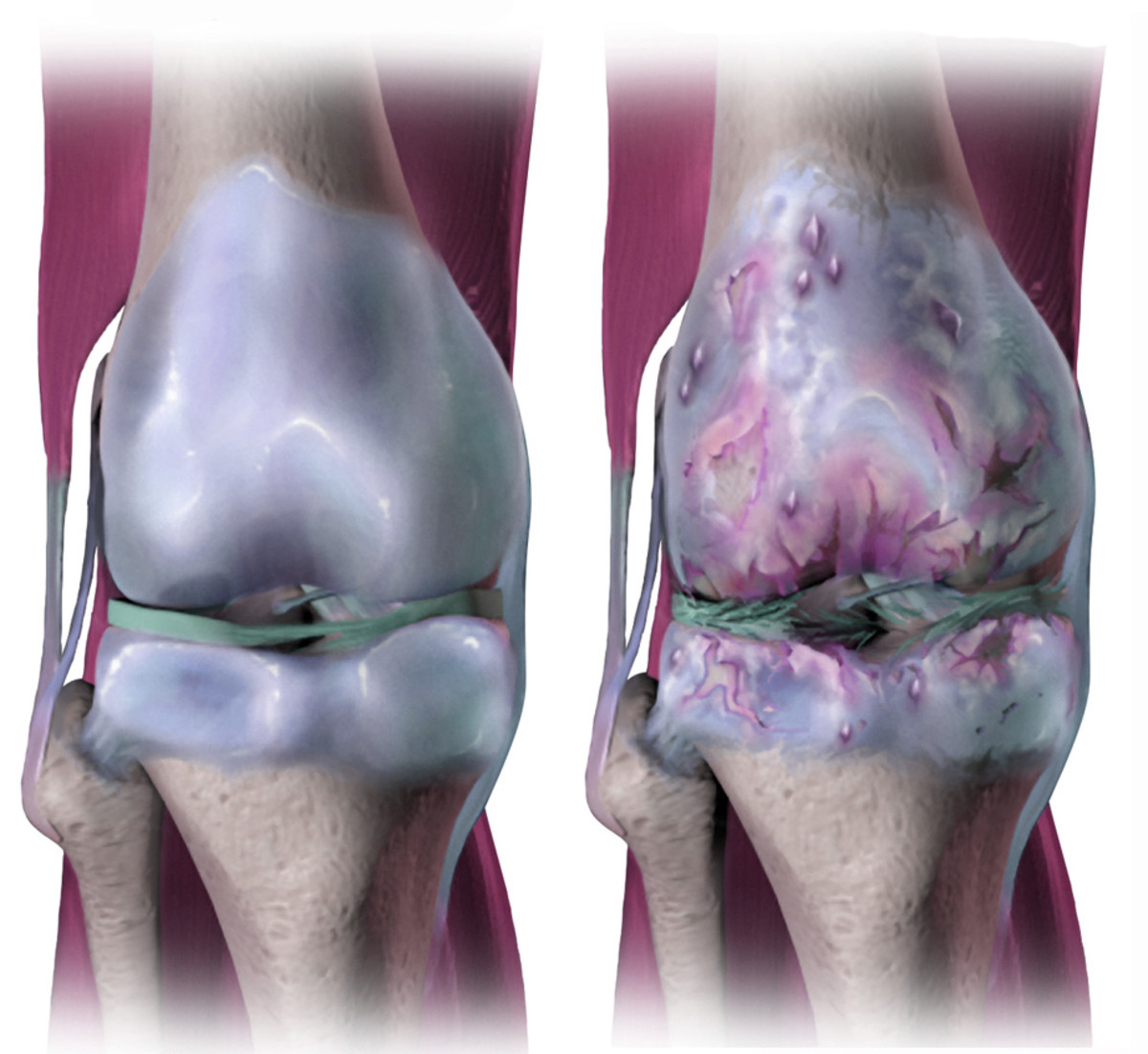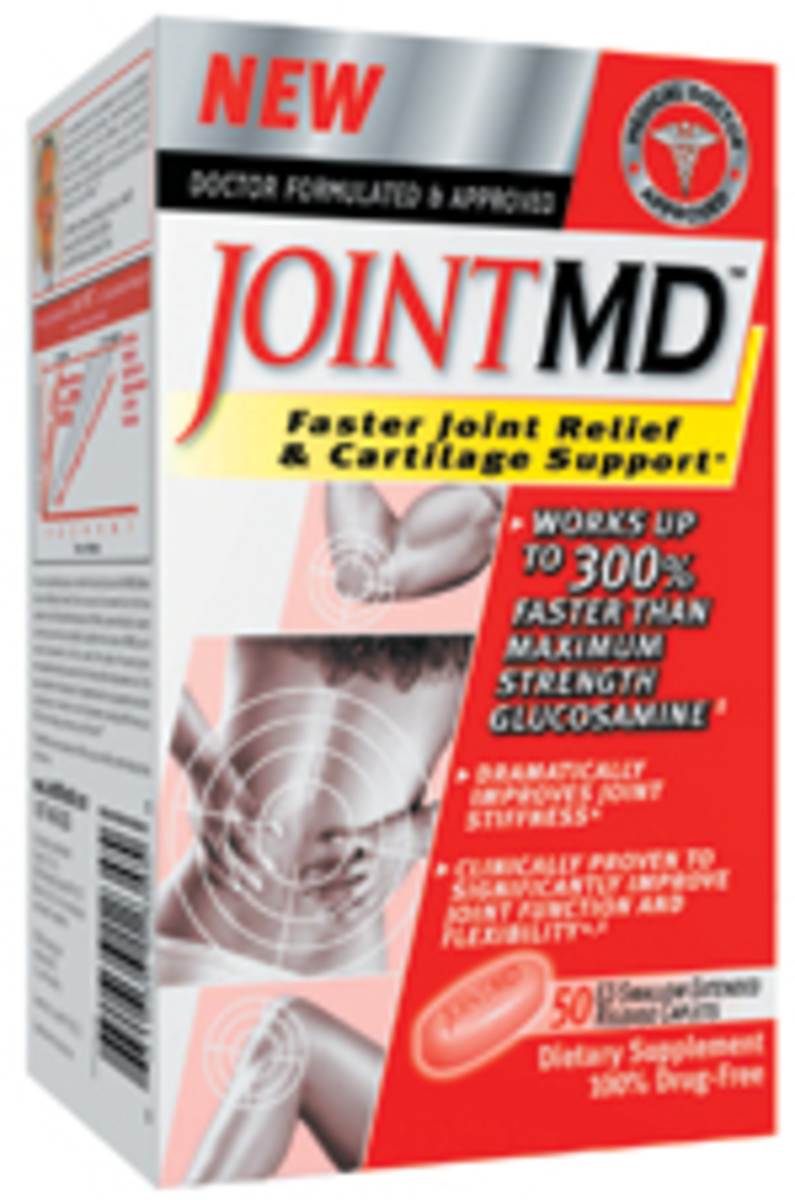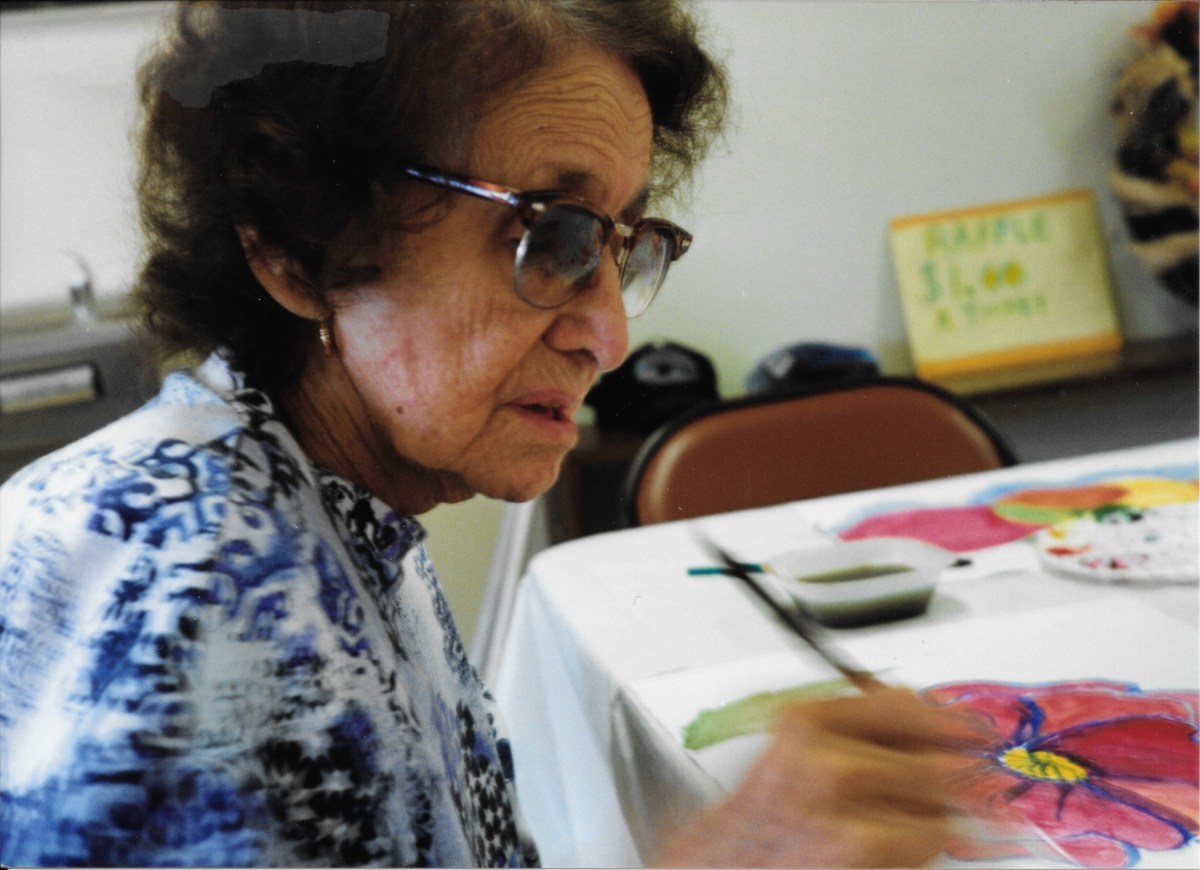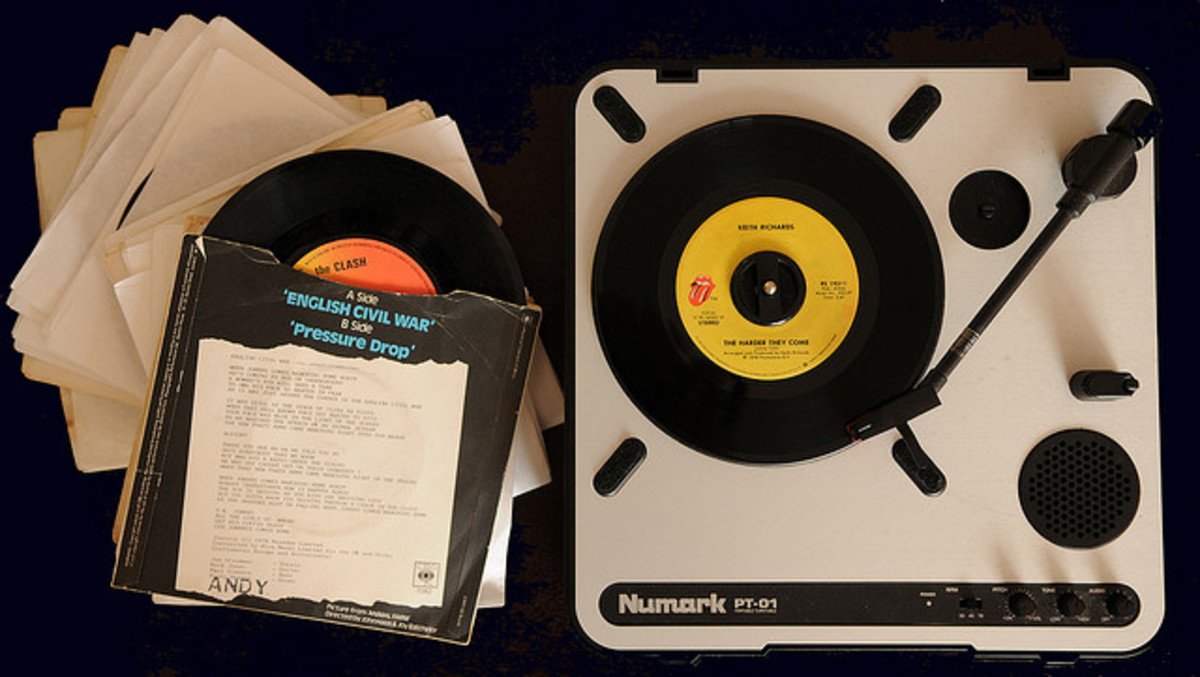The Top Joint Pain Causes & Cures
Joint Pain Affects Quality of Life
It is an unfortunate fact of life: as we age, our bodies simply do not work as well as they used to.
Among the most common ailments of the aging population is joint pain.
The term "aging" is not limited to those in their "Golden Years." People as young as 30 may start to experience joint pain, whether due to heredity, disease, obesity or the repetitive motions of a job or sports activity.
Although I'm only in my 40s, I have had chronic joint pain in my knee for years, the result of a gymnastics injury more than 30 years ago! I have also been treated for joint pain in my shoulder, with a diagnosis of bursitis resulting from overuse. Recently, I have noticed arthritic pain starting to affect the joints in my fingers. This one I can blame on heredity; my mother's fingers have become quite swollen and stiff over the years due to Rheumatoid Arthritis.
Fortunately, in most cases, mild joint pain is not serious. Factors your doctor will consider in diagnosing and treating depend on the severity of the pain, whether there is swelling/inflammation, heredity, whether the pain restricts movement or not, and whether you have a fever or other symptoms.
Any joint pain that persists for more than one week, or is severe, should be evaluated by a doctor. Sudden joint pain may be due to a muscle or ligament sprain, bursitis, or a dislocation. Chronic joint pain can be a symptom of serious and even life-threatening conditions, such as rheumatoid arthritis, osteoarthritis, leukemia, or bone cancer.
Depending on the cause of joint pain, treatment and cures may range from dietary supplements to non-steroidal anti-inflammatories, to prescription medication. Physical therapy and exercise may help, as well. In rare cases, treatment of an underlying disease (e.g., Lyme Disease, measles, Hepatitus) is required to resolve joint pain. Surgery also may be necessary in some circumstances, if other, non-invasive treatment methods do not bring relief.
Be sure to consult your medical professional as soon as possible when symptoms appear so that more serious causes of joint pain can be ruled out.
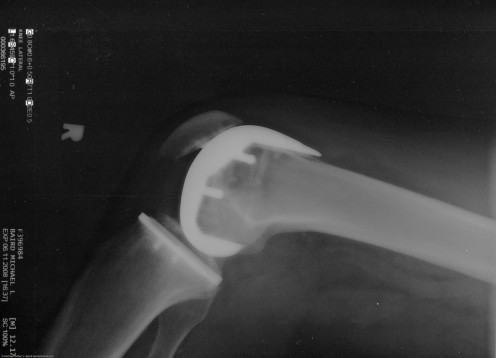
1. Joint Pain Due to Injury and/or Overuse
Two of the most common joint pain causes across all ages are injury and overuse.
Often, people get injured at work or playing sports, but even walking down the stairs can result in a twisted ankle, resulting in pain and inflammation. Overuse injuries may occur due to even the most menial repetitive movements, such as typing on a computer, or even sitting in an improper position.
Traumatic injuries are usually the result of a single event, after which use of the joint is painful and/or difficult. On the other hand, joint pain resulting from overuse can sneak up over time. For example, "tennis elbow" or "runner's knee" are common ways of describing certain repetitive, overuse injuries affecting the joints.
When my shoulder pain was diagnosed, the doctor stated that I was suffering from bursitis - inflammation in the tissue surrounding the joint, due to overuse. The inflammation made the joint sore and stiff, limiting the movement of my arm.
Joint Pain Cures for Injury/Overuse
- Ice and rest
- Over-the-counter non-steroidal anti-inflammatory medication (NSAIDs)
- Prescription anti-inflammatory medication
- Dietary supplements (Omega-3, glucosamine and chondroitin)
- Physical therapy/occupational therapy/specialized exercises
- Cortisone injections
- Chiropractor treatments
- Surgery
Hip Pain Due to Injury or Overuse
2. Joint Pain Due to Arthritis
As we age, our bodies start to break down. Not all of us will develop a form of arthritis (there are over 100 conditions categorized as arthritis), but for those of us that do, joint pain due to arthritis is a common ailment suffered by aging people.
As joint structures deteriorate and become inflamed and swollen, pain results. In fact, "arthritis" is a term created by combining the Greek word arthron , for "joint" and the Latin suffix -itis , for "inflammation."
Because there are so many different types of arthritis, a medical diagnosis is necessary to determine proper treatment. This is because various types of arthritis will affect your joints in a different manner.
Generally, osteoarthritis is most commonly known, and is a condition where the cartilage that covers the "head" of each connecting bone has worn down, affecting movement and causing pain and inflammation.
On the other hand, rheumatoid arthritis is an auto-immune disease whereby the body attacks itself (like my Type 1 diabetes), killing off cells that create necessary fluid surrounding the joint.
Over 45 million Americans suffer from some form of arthritis. It is the leading cause of chronic pain in people over the age of 55.
Joint Pain Cures for Arthritis
- Physical therapy
- Occupational therapy
- Diet and exercise
- Ice or heat packs
- Dietary supplements
- Non-steroidal anti-inflammatory medication (NSAIDs - over the counter)
- Aspirin
Various prescription drugs, depending on underlying arthritic condition including, but not limited to:
- COX-2 Inhibitors
- Glucocorticoids (anti-inflammatory steroids)
- Sulfasalazine
- Cyclosporine
- Azathioprine
Causes of Arthritis
3. Joint Pain Due to Diet and/or Obesity
Actually, underlying joint pain is often due to arthritis or other medical conditions (described below). But treating joint pain can be more effective if you improve your diet and/or lose weight.
Obviously, carrying excess pounds on our frames adds stress to already painful joints. Depending on your weight, age, sex and other factors, your doctor can recommend a healthy weight-loss goal and plan for you to help cure joint pain. Even taking off 5-10 pounds can have a significant impact on painful hips, knees, ankles, and joints in the feet.
In order to both help you lose weight and treat joint pain with natural remedies, a diet lower in sugar and fatty foods is advised.
Replacing chips, fried foods, cream and cheese with fresh fruit and vegetables, whole grains and foods high in Omega-3 fatty acids (found in fish and grass fed organic beef) is a great first step toward relieving joint pain.
Be sure to watch food portion sizes, as well!
Dietary Supplements to Address Joint Pain
Dietary Supplements May help Treat or Prevent Joint Pain
4. Joint Pain Due to Fibromyalgia
A diagnosis of fibromyalgia can be confusing because the symptoms of the disease are similar to those of arthritis and other conditions. That is why persistent joint pain requires a visit to the doctor to determine if you are suffering from fibromyalgia.
Among other symptoms, you may experience muscle pain, extreme tiredness, and points that are tender to the touch.
If you have fibromyalgia, you may have been misdiagnosed with arthritis, chronic fatigue syndrome or depression.
A rheumatologist will examine and diagnose you appropriately. Blood tests are usually required to rule out conditions including arthritis, thyroid disease, lupus, and muscle or nerve disorders.
Prescription medications are available to treat fibromyalgia such as Cymbalta and Lyrica. Your doctor may also suggest diet and lifestyle changes to improve quality of life.
Joint Pain due to Fibromyalgia
5. Joint Pain Due to Illness and/or Disease
Joint pain may also be the result of an infection or underlying disease other than arthritis or fibromyalgia.
One of the most common joint pain causes in this regard is Lyme Disease. Other potential illnesses and diseases that can result in stiff and sore joints include the flu, hepatitis, bone infection (Osteomyelitis) and septic/infectious arthritis. In rare cases, bone cancer may be the cause of joint pain.
If you have persistent pain in your joints, along with one or more of these additional factors: swelling, burning, fever, nausea, numbness, joint deformation, aching and/or weak muscles, do not hesitate in seeking immediate medical attention. A proper diagnosis is necessary to treat the underlying cause of joint pain and prevent potential complications.
Do You Suffer from Joint Pain?
This content is accurate and true to the best of the author’s knowledge and does not substitute for diagnosis, prognosis, treatment, prescription, and/or dietary advice from a licensed health professional. Drugs, supplements, and natural remedies may have dangerous side effects. If pregnant or nursing, consult with a qualified provider on an individual basis. Seek immediate help if you are experiencing a medical emergency.
© 2012 Stephanie Marshall


